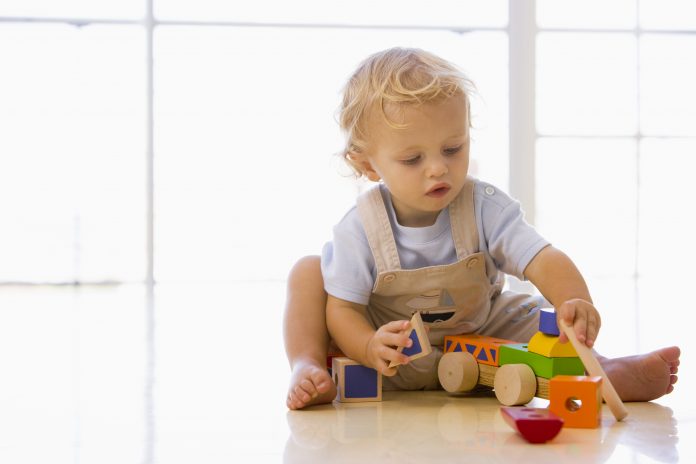Rageena Tahir, Head of Education at Fennies, tells us what we need to know about the pedagogy of teaching
The brain grows at a rapid rate from birth into early childhood, which means the experiences children have during these years can shape the trajectory of their lives. There is finally the welcome realisation that early childhood care and education is more than just preparation for the academic side of primary school. Instead, it aims to work alongside parents to develop a child’s personal, social, emotional, physical and cognitive skills in order to build a strong foundation for their future well-being and learning.
With the awareness that the brain develops through use and stimulation, nurseries have now become an explosion of activity and opportunity for all children, where they can learn through play, investigation and exploration. This, in turn, inspires a lifelong love of learning which will directly drive and impact their academic success.
The developments in environments and innovations in training mean children who attend settings are actively taught the basic skills that they will continue to scaffold throughout their life. Such as how to initiate and navigate relationships, the art of conversation, develop emotional resilience and manage challenging situations. Many studies prove that children who grow up in supported, caring, stimulating environments tend to lead healthier, happier lifestyles as adults and may also perform better academically.
What is pedagogy?
Of course, child development is directly impacted by a setting’s own pedagogy. Simply, pedagogy is the method and style of teaching and assessment used to provide experiences for children to support their overall development. I strongly believe that an effective pedagogy is one where adults have a sound understanding of child development, the child, their individual interests, their preferred learning style and how to actually use all of this information to motivate and teach children effectively.
Of course, early years training, practice and my opinion are heavily influenced by various pedagogical approaches pioneered by prominent researchers and theorists spanning centuries.
Friedrich Frobel concentrated on the importance of play; determining that children construct their own learning through direct involvement rather than structured teaching. For this to be effective in childcare and education settings, adults must know their children very well and provide engaging opportunities for them to build upon what they can do, rather than focusing on what they are unable to do.
The Reggio Emilia approach was founded in Italy after World War II. It focused on the idea that children should be encouraged and enabled to express themselves in endless ways. It recognises the importance of interaction with other children and adults in developing their communication skills and overall understanding of the world around them.
“An effective pedagogy is one where adults have a sound understanding of child development, the child, their individual interests, their preferred learning style and how to actually use all of this information to motivate and teach children effectively.”
The Montessori approach sees the value in promoting independence in children from a very young age using carefully designed environments.
For Rudolf Steiner, a calm environment with a focus on ensuring familiarity and a sense of belonging is what is necessary for children to develop. Adults are encouraged to promote all areas of learning through their interactions.
Jean Piaget developed a model of how he believes children see the world. He recognised that children have their own thoughts and build their knowledge about the world through observation. They do not need adults constantly feeding them information. It is, therefore, important that when we are providing for children, we are paying close attention to what the child sees and how they see it.
The theories mentioned are those that most in the early years will be familiar with and those which have influenced my practice greatly, but many more have also shaped my thinking, including but not limited to studies by Freud, Vygotsky and Watson.
Early childcare and education settings today
Nowadays, we see a majority of early childcare and education settings developing their own pedagogical approach by adopting various aspects of the different theories. I believe this is the best approach, after all, there are clear benefits of each and the world of early years research is constantly presenting more concepts to us. Each child is different and learns differently, so we need to continually reflect on adapting to this. When you take the best parts of many theories to create your own, as long as the child is at the centre of those decisions, then nurseries will be in the best position to shape children’s belief about themselves, others, the world around them and ultimately, impact their future.











